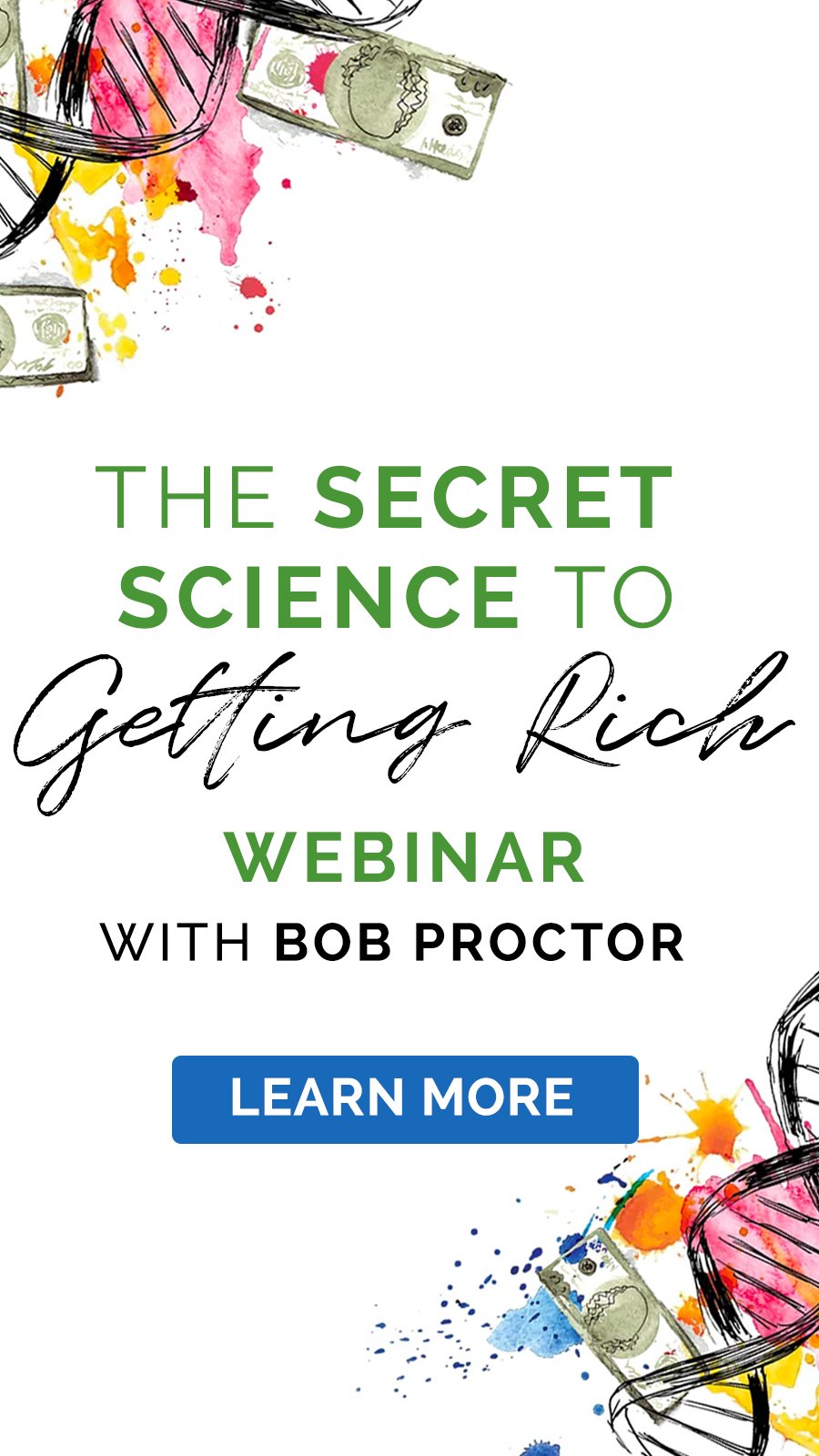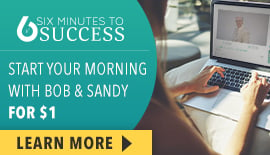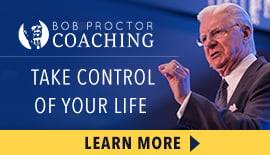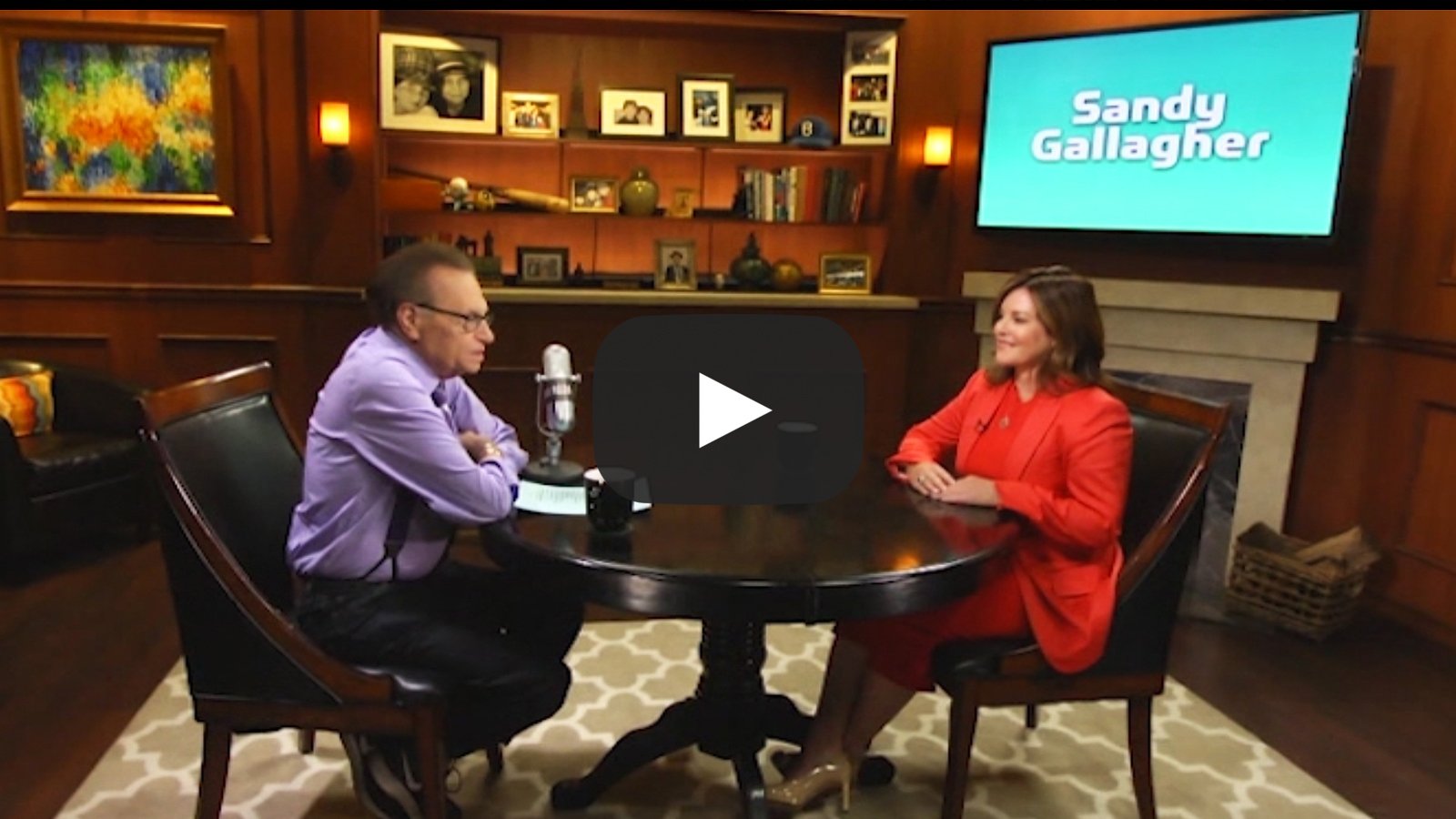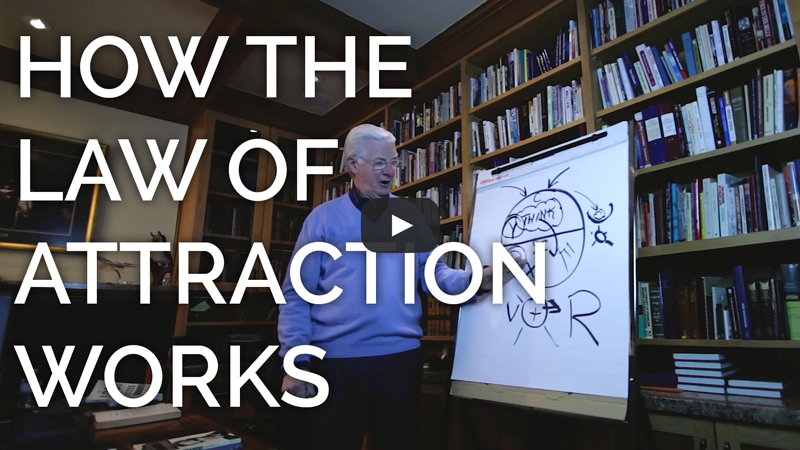I was out of sorts when I sat down to work this morning.
Nothing alarming… I just felt a little apprehensive.
That doesn’t happen often, so I decided to sit with it to figure out what was going on.
Before long, I had my answer…
Self-doubt.
What’s success have to do with it?
Boy, that was something! I haven’t experienced self-doubt for quite a while.
So, I dug a little deeper to figure out why.
The bottom line was I was concerned about a project I’m working on.
That might surprise you, I know. You wouldn’t be the first person to think successful people are so sure of themselves and their decisions that they don’t doubt themselves.
But the truth is, it doesn’t matter how successful or confident a person is; everyone has doubts. We all question our abilities, knowledge, choices and decisions at one point or another.
That’s because self-doubt is a very human response to change and growth.
So, it’s not a question of if you will experience self-doubt; it’s a question of how you will deal with it when it happens.
Face self-doubt head on
Left unchecked self-doubt can really get under your skin and keep you suspended between two or more propositions.
It comes from subconscious thoughts like “I’m not good enough” or “I’m unworthy,” as well as habits and emotions that control your life without you even realizing.
But you know what?
Every time you feel self-doubt rising inside, you can tackle it and keep moving toward your goals.
Here are some pointed questions you can ask yourself that will do the job:
- Do I really want this?
We do everything for a reason. We set goals to drive us to grow and improve how we (and our loved ones) live. So, when you feel doubtful about something, ask yourself if you really want it.
If it’s something you know you must do or really want to do, then that’s one aspect of doubt you can put to rest. If not, you should re-evaluate your goal.
- Am I able?
Science and theology both clearly indicate that our potential is infinite.
While some doubt is normal when you’re trying to do something you’ve never done before, if you search deep within, you’ll recognize that you are quite capable of accomplishing anything you have a strong desire to be, do or have.
- Am I willing?
Now, this question is quite different from asking if you’re able.
The real question you’re asking yourself is, “Am I willing to pay the price that’s required to get what I want?”
You see, if the goal isn’t exciting enough, your paradigm (your mental programming) will come up with a litany of reasons why you can’t or shouldn’t do it. So it won’t take long for self-doubts to fill your mind.
But here’s the thing. Your paradigm doesn’t want you to grow—it wants you to stay right where you are. That’s why it will fight you every step of the way.
And make no mistake about it, your paradigm will win unless you are more excited about where you’re going than where you are. You’ve got to be willing to pay the price to get to that better place.
- What’s the worst that can happen?
Usually, the worst-case scenario isn’t as bad as we make it out to be in our heads. If you’re driven to do something, and you’re not risking something critical that you can never get back, such as your health, it’s probably worth the risk.
Consider that staying where you are also involves risk. Potentially greater risk than moving toward your goal. I’m talking about material, financial and emotional risks. So, your current situation may not be any safer than going for your goal.
- What are the potential rewards?
In addition to thinking about the risks, spend some time thinking about the potential rewards you may receive along the way.
It’s like Norman Vincent Peale said, “Shoot for the moon. Even if you miss, you’ll land among the stars.”
If you’d like to overcome self-doubt, asking these questions is a fantastic place to start.
I went through a similar process when I sat with my self-doubt this morning and here’s what I came up with…
I wasn’t worried about whether I was able to complete the project, or what would happen if I failed.
The problem was that I wasn’t going after the right goal. I didn’t want it badly enough to put in the effort that would be necessary to complete the project. In my heart, I knew it wasn’t going to be worth it.
So, I have some more thinking to do to make sure I set the right goal. Once I made that decision, the feeling of easiness went away.
There’s nothing to fear
When self-doubt creeps up, don’t ignore it or try to squash it. Figure out where it’s coming from and if it has any legs.
Asking yourself the questions above will help you start to unravel self-doubt by examining your thoughts and beliefs about yourself.
If you’re honest with yourself as you answer the questions, you’ll find there’s nothing to fear from self-doubt. By dealing with it head-on, self-doubt can be a useful mechanism for getting on and keeping you on the right track.
People who don’t believe in themselves and are afraid to take risks never move forward or grow, personally or professionally. But the more you face and evaluate your self-doubts, the more you’ll realize what you are capable of.
Eventually, you may even be able to eliminate the adverse effects of self-doubt and instead use it to challenge your limitations and make the seemingly impossible possible.
To your success,
Bob Proctor
Chairman & Co-Founder
Proctor Gallagher Institute


